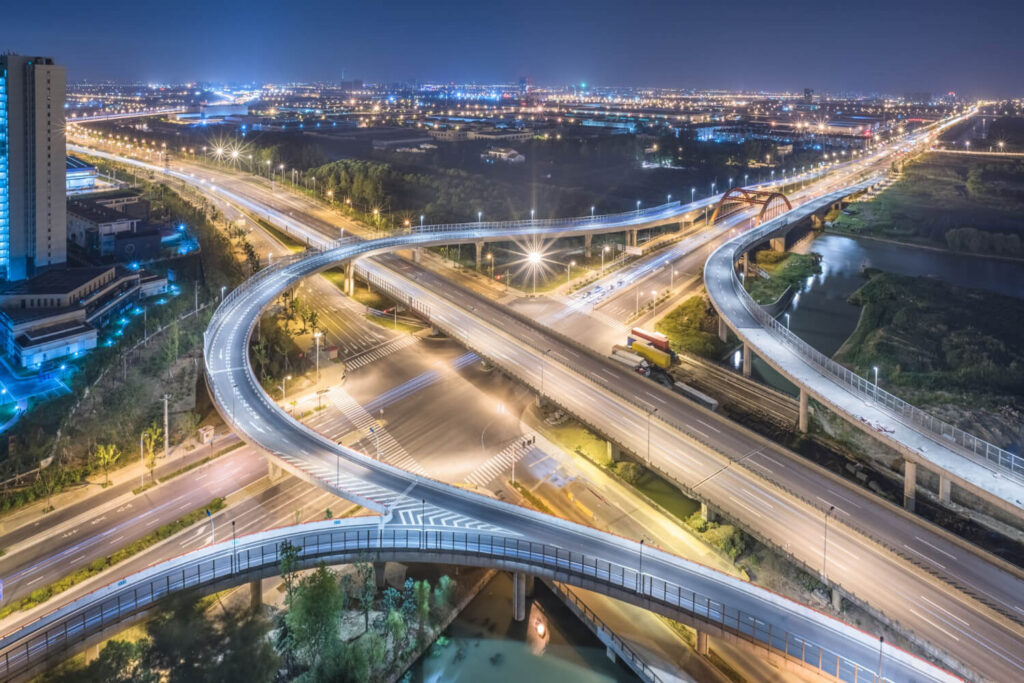
In India, after the usual “What’s your name?”, the next question is often, “Where you from?”.
A home is more than just four walls and a roof—it’s a reflection of your identity, your dreams, and your journey. It’s where memories are made, where families grow, and where you find solace after a long day.
Therefore, real estate is really more than just a big purchase it’s a dream for many.
Real estate has always been a cornerstone of wealth creation in the country.
You would have heard how if your grandfather had bought just that one land piece 50-60 years back you would have been a millionaire by now.
Recently, many of my family members bought house in Pune and my first question to all of them was “Why not Mumbai?” and long debate ensued. So let me share some points which they shared which made me agree with them.
The real estate rivalry between Pune and Mumbai is intensifying, with Pune emerging as a preferred destination for investors and homebuyers. While Mumbai has long been India’s financial capital, Pune’s affordability, infrastructure development, and thriving IT sector are making it a strong contender. Let’s explore why Pune is gaining an edge and what this means for property buyers and investors.
Affordability: The Game-Changer
Mumbai’s sky-high property prices have made it unaffordable for many, while Pune offers better affordability with lower costs per square foot. This makes Pune an attractive option for middle-income buyers and investors. For instance, a 2BHK apartment in Mumbai’s suburbs can cost upwards of ₹2 crore, while a similar property in Pune’s Hinjawadi or Wagholi can be purchased for ₹1 crore or less.
This affordability allows buyers to invest in larger homes or diversify their portfolios without over-leveraging. Additionally, government schemes like PMAY (Pradhan Mantri Awas Yojana) provide further incentives for first-time homebuyers.
Infrastructure Development: Driving Growth
Pune’s infrastructure is transforming rapidly, with projects like the Pune Metro, Ring Road, and Mumbai-Pune Expressway enhancing connectivity. Areas like Hinjawadi, Kharadi, and Wagholi are witnessing significant appreciation due to these developments.
For example, the Pune Metro, expected to be fully operational by 2025, is boosting property values along its corridors. Similarly, the proposed Ring Road is opening up new areas for development, making them attractive for long-term investments.
Tax Benefits: A Win-Win for Investors
The new Long-Term Capital Gains (LTCG) tax laws, effective from 23rd July 2024, provide flexibility for property sellers. Investors in Pune can benefit from these laws, especially when reinvesting gains in residential properties or specified bonds.
For instance, sellers can choose between a 12.5% flat tax rate without indexation or a 20% tax rate with indexation, depending on which option minimizes their tax liability. This flexibility makes Pune’s real estate market even more attractive for long-term investors.
Quality of Life: A Growing Priority
Pune offers a better work-life balance compared to Mumbai, with cleaner air, less congestion, and a vibrant cultural scene. This has made it a preferred choice for young professionals and families.
The city’s pleasant climate, proximity to hill stations like Lonavala and Mahabaleshwar, and thriving social infrastructure add to its appeal. For many, Pune represents the perfect blend of urban convenience and a relaxed lifestyle.
Conclusion: Pune’s Real Estate – A Smart Choice
Pune’s real estate market presents a compelling case for investors, homebuyers, and professionals. Its affordability, infrastructure development, and thriving IT sector make it a strong contender against Mumbai. With the added flexibility of the new LTCG tax laws, Pune is poised to become a hub for long-term real estate investments.
For those looking to invest in property, Pune offers a unique combination of growth potential, quality of life, and financial benefits. Whether you’re a first-time buyer or a seasoned investor, Pune’s real estate market is worth exploring.
CA Tanmay Gambhir
tanmaygambhir37@gmail.com





